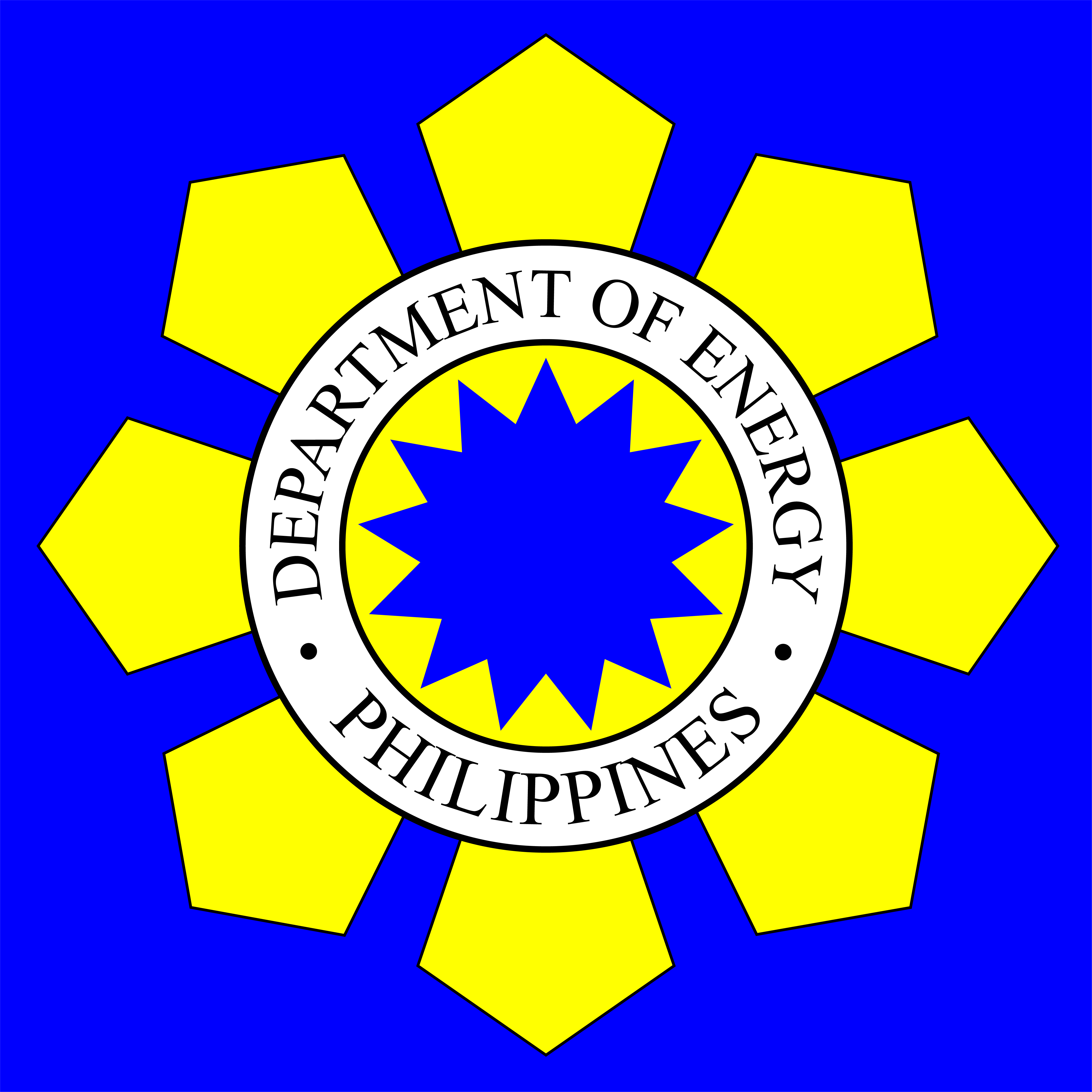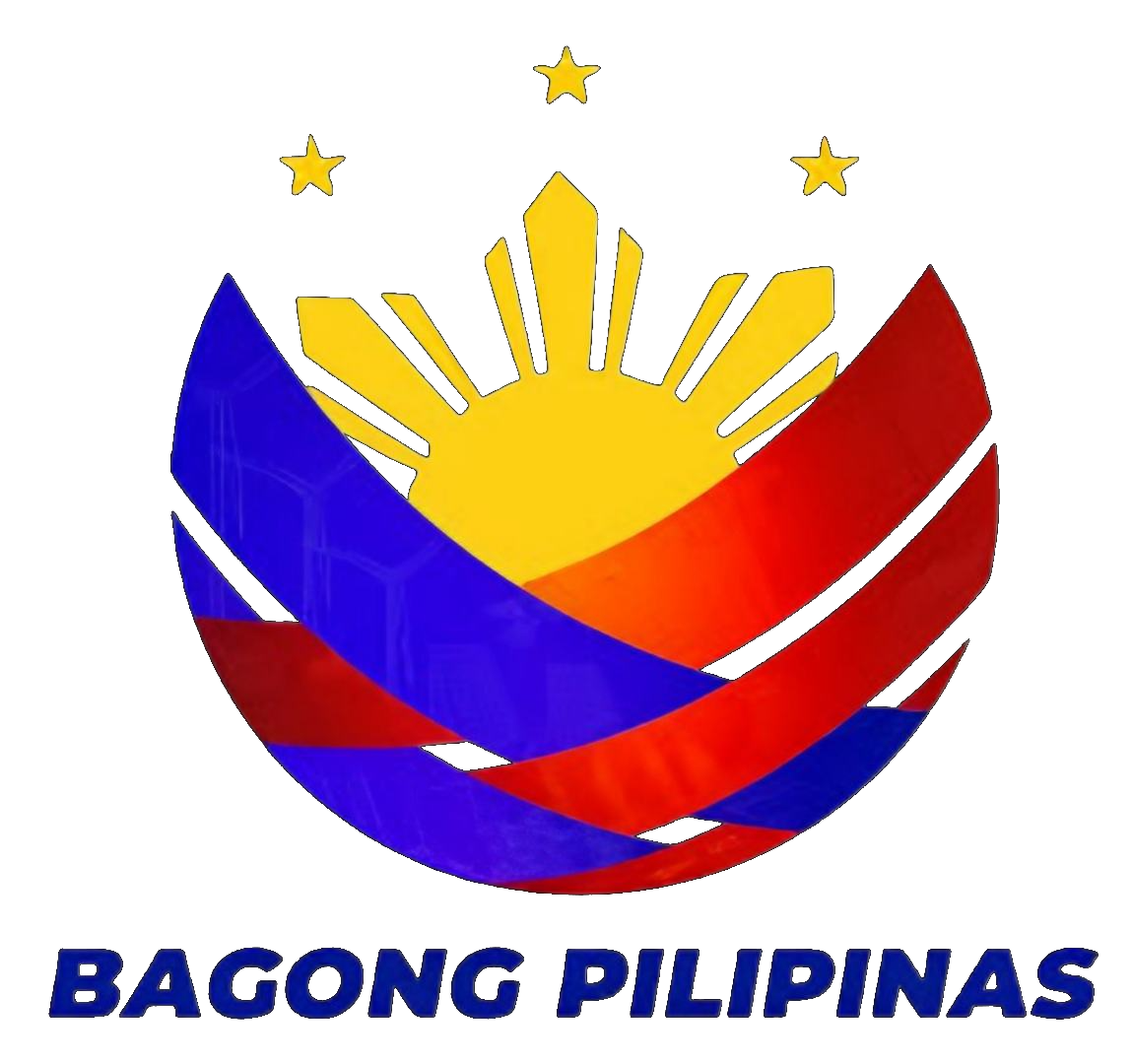24 Results
History
The Philippines' Department of Energy (Filipino: Kagawaran ng Enerhiya), abbreviated as DOE is the executive department of the Philippine Government responsible for preparing, integrating, coordinating, supervising and controlling all plans, programs, projects and activities of the Government relative to energy exploration, development, utilization, distribution and conservation.
The Department of Energy was created by then President Marcos as he issued Presidential Decree No. 1206 which created the Ministry of Energy and attached the National Power Corporation and Philippine National Oil Company to this new agency. The Ministry was abolished during the Regime of Corazon Aquino. During the Regime of President Fidel V. Ramos, that Department was created by virtue of Republic Act No. 7638 otherwise known as the Department of Energy Act of 1992.
The Department was vested additional powers and functions under pertinent energy and power related legislations, such as Republic Act No. 9136 or the "Electric Power Industry Reform Act of 2001", Republic Act No. 9367 or "Biofuels Act of 2006", and Republic Act No. 9513 or "Renewable Energy Act of 2008."
Downstream Oil Industry
What Do We Pay?
Date Posted: August 19, 2022
Attachment:
what-do-we-pay-08162022.pdf
Downstream Oil
What Do We Pay?
Date Posted: August 19, 2022
Attachment:
what-do-we-pay-08162022.pdf
Department Circular
Department Circular
Published at: The Manila Times and The Philippine Star
Date Published [mm/dd/yyyy]: 10/06/2017
Adopting the Philippine Conventional Energy Contracting Program (PCECP) of Awarding Coal Operating Contracts (COC) and Creating the Review and Evaluation Committee(REC) Repealing for this Purpose Department Circular No. DC2014-02-0005 and Department Order No. DO2014-08-0017
WHEREAS, Republic Act No. 7638, as amended, otherwise known as "The Department of Energy (DOE) Act of 1992", mandates the Department of Energy (DOE) to prepare, integrate, corrdinate, supervise and control all plans, programs, projects and activities of the Government relative to energy exploration, development, utilization, distribution, and conservation;
Click to view/download Department Circular No. DC2017-09-0010
Energy Service Companies (ESCO)
Energy Service Company (ESCO)
What is an ESCO?
Energy Service Company (ESCO) refers to a juridical entity that offers multi-technology services and goods towards developing and designing energy efficiency projects, delivering and guaranteeing energy savings, and ensuring cost-effective and optimal performance. Their services include energy supply and management, energy financing, technical engineering expertise and consultancy, equipment supply, installation, operation, maintenance, and upgrade, and monitoring and verification of performance and savings. Their goods include lighting, motors, drives, heating, ventilation, air conditioning systems, building envelope improvements, and waste heat recovery, cooling, heating, or other usable forms of energy control systems.
Department Circular 2020-09-0018
The ESCO Guidelines include among others, certification requirements, review and evaluation process, and the classification of ESCOs, and states that ESCOs applying for certification must demonstrate their technical and managerial competence to design and implement energy efficiency projects, including energy audits, design engineering, providing or arranging project financing, construction management, operations and maintenance of energy efficient technologies, and verifying energy savings.
The following classification is hereby introduced in the ESCO Guidelines:
Registered ESCO refers to an ESCO seeking accreditation for professional services to DOE for the first time that meets the minimum of requirements on legal and technical capacity. The validity of the Certificate for Registered ESCO shall be for three (3) years.
Certified ESCO refers to an ESCO which in addition to meeting the requirements of a Registered ESCO also has proven performance or results-based projects savings experience and with proven customer experiences. The validity of the Certificate of Certified ESCO shall be valid for five (5) years.
Fees and Charges
Fees and Charges
Schedule of Fees and Charges
In compliance with Administrative Order No. 31 dated October 1, 2012 directing and authorizing all heads of departments, bureaus , commissions, agencies, offices and instrumentalities of the National Government including Government-Owned or Controlled Corporations (GOCCs), to rationalize the rates of their fees and charges, increase their existing rates and impose new fees and charges pursuant to DOF-DBM-NEDA Joint Circular No. 1-2013 dated 30 January 2013, Implementing Rules and Regulations of Administrative Order No. 31, series of 2012, following are the revised fees and charges to be collected by the Department of Energy effective fifteen (15) days after the posting of new schedule of fees and charges in the agency’s website or in a conspicuous place in the office premises both at the head or central office and in all field or branch offices.
Approved DOE CY 2013 Schedule of Fees and Charges:
DOE CY 2013 Schedule of Fees and Charges
Approved 2004 Schedule of Fees and Charges
2004 Schedule of Fees and Charges
Testing Services at Lightning and Appliance Testing Laboratory Lightning Product Sample
Testing fee using the Goniophotometer (all types of light sources), per run per sample
PhP8,500.00
Note: This testing fee was approved by the late Secretary Angelo T. Reyes in September 2009
LFO Mandate and Functions
Implements regional policies, plans, programs, and regulations of the department relating to energy resources exploration and development, its judicious and efficient utilization, ensures adequate, efficient, and reliable supply of electricity and monitors the development in the downstream oil industry, development and utilization of renewable energy (RE) resources such as geothermal, hydro, ocean, biomass, solar, and wind with due regard to the environment and sustainable development in Luzon.
Mandate and Functions
Implement regional policies, plans, programs and regulations of the Department relating to energy resources exploration and development, its judicious and efficient utilization that ensures adequate, efficient, and reliable supply of electricity and monitors the development in the downstream oil industry, development and utilization of the renewable energy resources with due regard to the environment and sustainable development in the Visayas.
Philippine Energy Plan
Philippine Energy Plan 2020-2040
Overview
As the country faces a multi-faceted challenge on its pandemic response programs, amidst the imposed lockdowns on economic activities, the Department of Energy (DOE) is presenting a track to attain an inclusive and equitable economic growth made possible through the provision of secure, sustainable, and resilient energy strategies. The Philippine Energy Plan (PEP) 2020-2040 is the second comprehensive energy blueprint supporting the government’s long-term vision known as Ambisyon Natin 2040. This updated plan, like its predecessor (PEP 2018-2040), reiterates the energy sector’s goal to chart a transformative direction towards attaining a clean energy future.
Paving the path of transition into a more sustainable and resilient energy system, the sector’s direction has always been steered by Secretary Alfonso G. Cusi. This is in recognition to the message conveyed by President Rodrigo Roa Duterte of the energy sector requisites – sustainability and availability of energy to wean away from traditional sources and development of alternative ones.
To carry out the President’s instructions, the Energy Secretary clearly pointed the transformative changes imperative to align with the Administration’s call. These resulted into policies directed by the Energy Secretary and include, among others, the aggressive Renewable Energy (RE) and Energy Efficiency and Conservation (EEC) institutionalization programs, the moratorium on new coal power projects, a mechanism allowing foreign ownership on large-scale geothermal projects under financial and technical assistance agreement or FTAA, the resumption of indigenous oil and gas exploration, the introduction of liquefied natural gas (LNG) portfolio, establishment of strategic petroleum reserves and exploration of Hydrogen's potential.
Having the policies in place, the Energy Secretary reaffirmed the sector’s mindfulness in putting consumers first and that energy must be equitable to all Filipinos. The crafted PEP 2020-2040 is the amalgamation of the envisioned transition and transformation resonated by the Administration. Under its Clean Energy Scenario (CES), the PEP provides for ambitious plans, policies and targets on renewable energy, natural gas, alternative fuels, and energy efficient technologies. To make the country’s low carbon energy transformation a reality, the following goals have been set for the medium to long-term planning horizon:
Click to view/download Philippine Energy Plan 2020-2040
Reference Scenario
Present development trends and strategies continue;
35.0 percent renewable energy share in the power generation mix by 2040;
LNG importation starting 2022;
Energy Consumption levels that support an accelerated economic expansion post COVID-19;
Current blending schedule for biofuels (2.0 percent biodiesel and 10.0 percent bioethanol) maintained until 2040;
5.0 percent penetration rate of electric vehicles for road transport (motorcycles, cars, jeepneys) by 2040; and
Current efforts on EEC as a way of life continues until 2040.
Clean Energy Scenario
35.0 percent and 50.0 percent RE share in the power generation mix by 2030 and 2040;
5.0 percent blending for biodiesel starting 2022;
1.5 percent increase in aggregated natural gas consumption from the transport and industry sectors between 2020 and 2040;
10.0 percent penetration rate of electric vehicles for road transport (motorcycles, cars, jeepneys) by 2040;
5.0 percent energy savings on oil products and electricity by 2040; and
At least 12.0 percent reduction in the GHG emission for the Nationally Determined Contribution (NDC).
MFO Mandate and Functions
Implements regional policies, plans, programs and regulations of the department relating to energy resource exploration and development, judicious and efficient utilization of energy resource, ensures adequate, efficient and reliable supply of electricity, and monitors development in the downstream oil industry with due regard to the environment and sustainable energy development in Mindanao
DC 2021-09-0029
GUIDELINES ON NOTICES AND REPORTORIAL REQUIREMENTS PURSUANT TO THE DOWNSTREAM OIL INDUSTRY DEREGULATION ACT
Department Circular 2024-06-001 by PSA
regulation on Downstream Oil and Natural Gas

